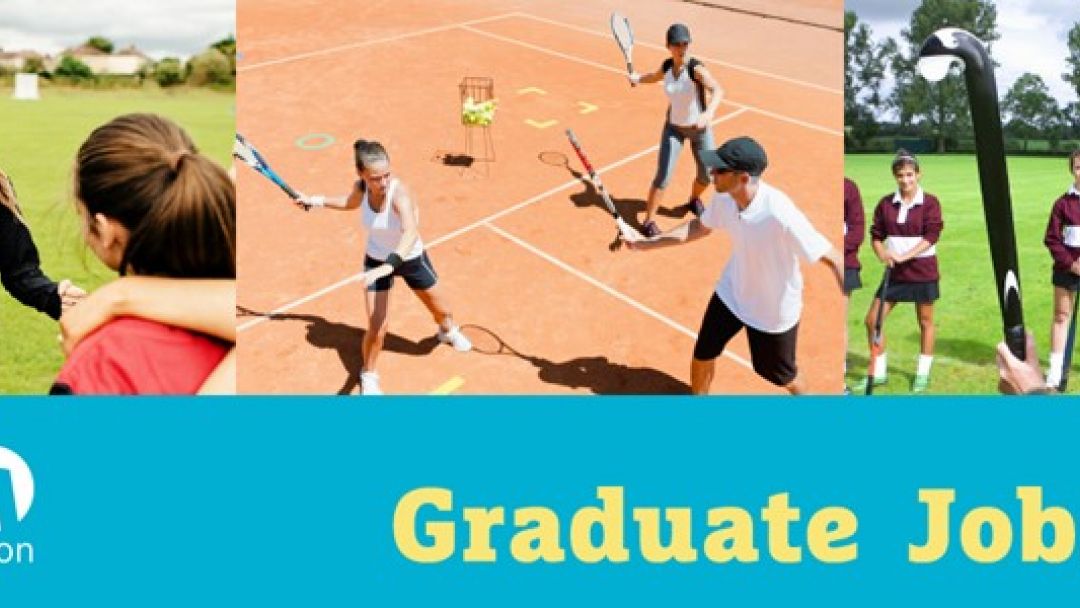Where have all the Graduate Assistants gone?

Where Have All the Graduate Assistants Gone?
School sport has wandered into a workforce crisis. At a time when programmes are wider, more extensive and inclusive than ever before, the coaching population is more limited, especially on Saturdays. Many of the staple constituencies, including classroom teachers and part-time coaches, have contracted, leaving a constant challenge to resource programme ambitions. Parental expectations of quality have increased, as quantity of deliverers has shrunk.
This is the background of the rise of the graduate sports assistant in schools. A relatively recent addition to sports departments, schools have come to depend upon these young people to make their programmes operate. The earliest schools to discover the potential of this workforce recruited some exceptional men and women from the leading sports universities, often barely on the minimum wage. The best of them worked long and hard, related to the pupils and were fine role models. Their enthusiasm sometimes dwarfed those of the permanent staff. The number of schools making these appointments was small, and supply exceeded demand.
Employers could be selective, and standards were therefore high. However, these early adopters then made a fatal mistake. They started to extol the benefits of this model to other schools, unwittingly creating an exponential increase in demand, and tilting the supply dynamic forever.
The workforce of school sport remains in crisis. It has come to depend upon graduate assistants in ever increasing number, but is now struggling to find them. It is estimated that there are five times the number of these vacancies than only four years ago. This is a result of more schools adopting the model and others wanting a higher volume than ever before. A decade ago, schools would have one or two: now half a dozen is not unusual.
The balance of power has shifted. Students are now more choosy. This means that more job offers are declined, and appointments can turn out to be unreliable as late withdrawals sabotage school plans. Inevitably, the standard of some successful candidates is compromised.
This presents a number of problems for schools. Those who offer the possibility of ‘on the job’ PGCE, usually in the second year, are at a considerable advantage, and go to the front of the recruitment queue. They will rarely struggle to appoint. Without this, success depends upon maintaining strong contacts with university departments. This can be done directly, or via a recruitment agent, who will have these relationships. Most universities are inundated with such requests, and deal with a select few schools, and organisations who they trust. It is thus better to have strong relationships with a small number of departments than weak ones with a bigger number.
Passive advertising dependsion luck. Students are not known for their diligence in scrutinising job boards, or meeting application expectations or deadlines. For many, the concept of a ‘Graduate Sports Assistant’ is an unknown one that needs explaining before it can be promoted.